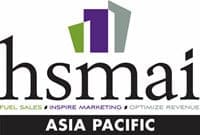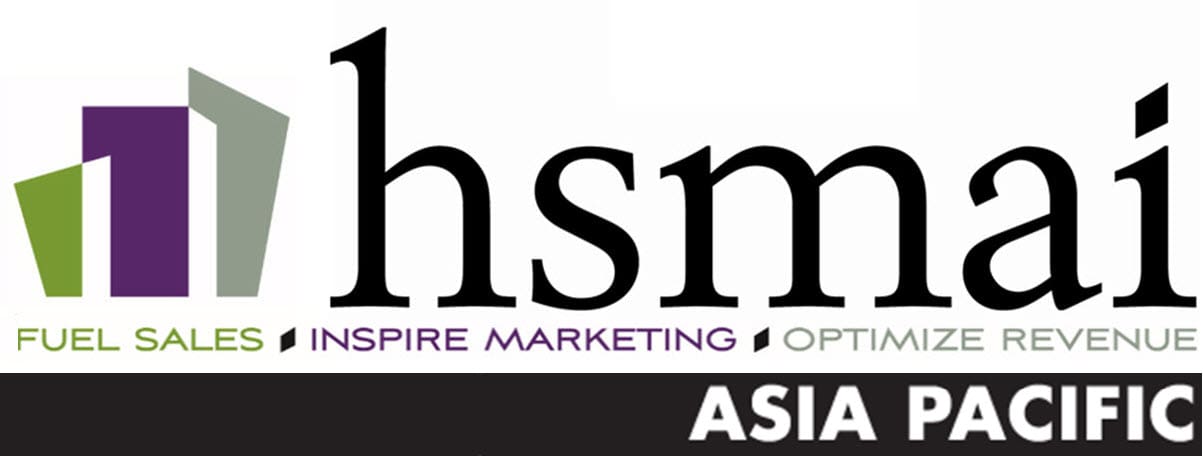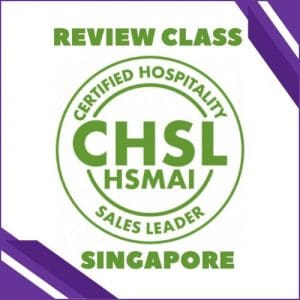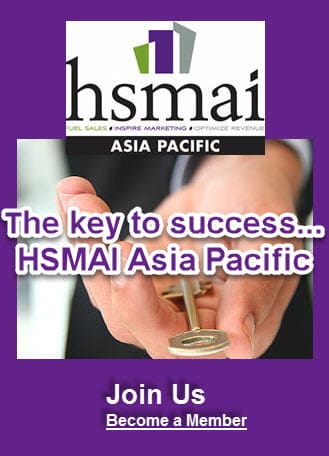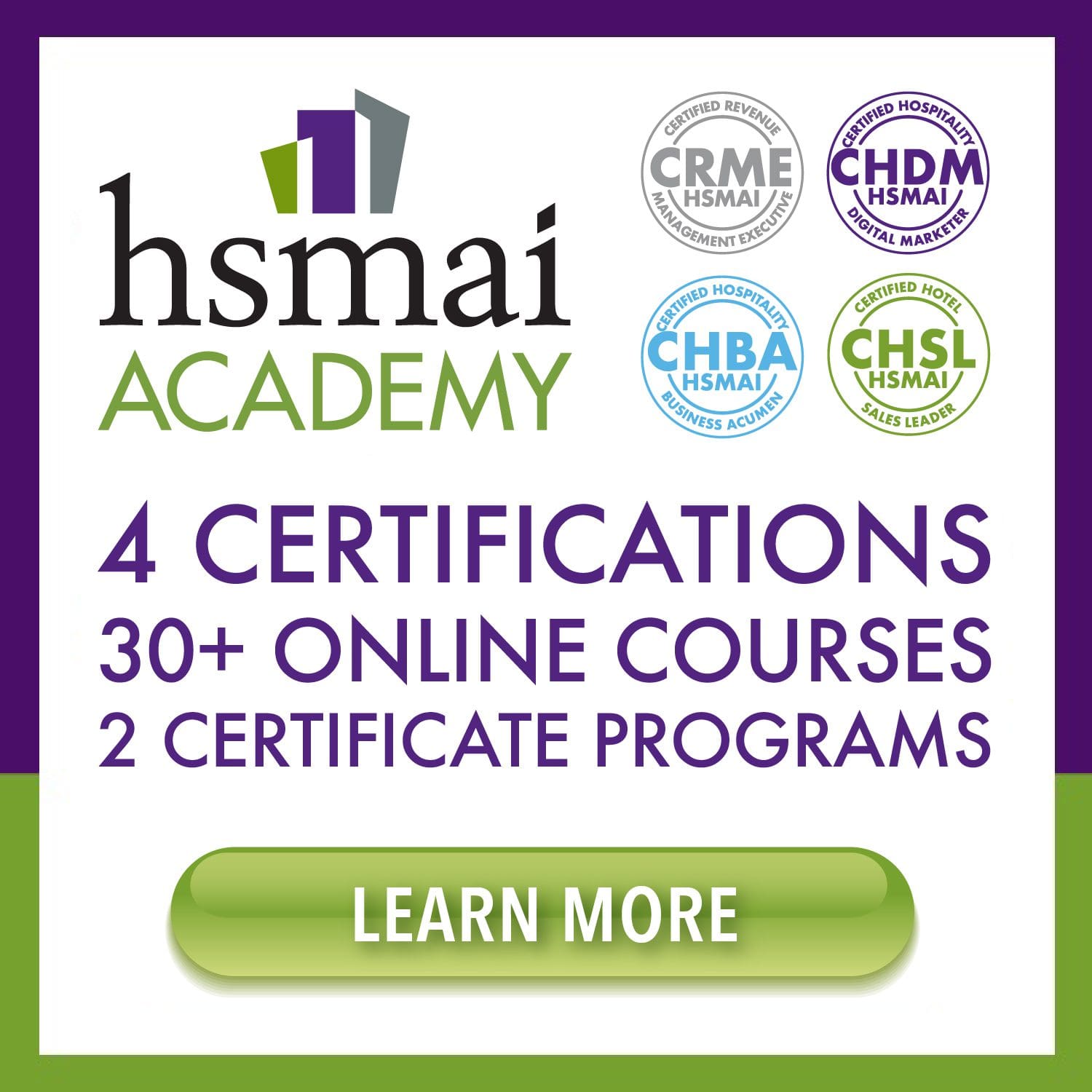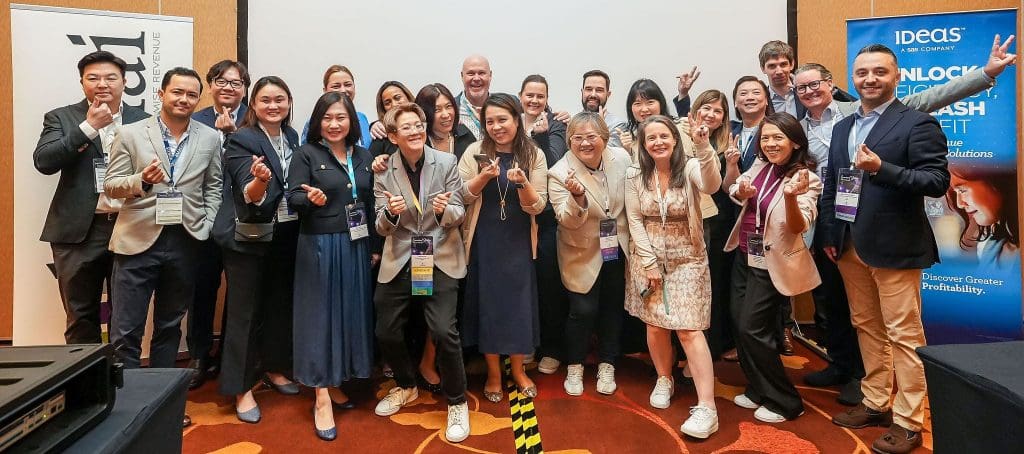
Adapting to Change: Key Takeaways for Commercial Leaders in Hospitality
30th May, 2025: Singapore
In a dynamic and often unpredictable landscape, HSMAI convened commercial leaders across Asia Pacific to reflect on challenges and exchange strategies shaping the future of hospitality. From AI integration to the shifting dynamics of corporate travel, the roundtable surfaced recurring themes that are top-of-mind for senior hoteliers.
1. Market Uncertainty and Segment Imbalances Issue:
Political instability, changing government policies, and fluctuating group business demand —especially in Indonesia—have created segmental volatility. Hotels reliant on government or large group bookings saw underperformance, while properties focused on transient or FIT business fared better.
Best Practice:
- Segment Diversification: Develop strategies targeting smaller, high-yield segments like premium FIT, SME corporates, and leisure groups.
- Flexible Space Design: Invest in versatile event spaces that can cater to hybrid formats or scale up/down depending on demand.
- Hyperlocal Targeting: Build demand through regional and domestic campaigns when international group business is weak.
2. The Corporate Travel Disruption Issue:
Traditional corporate travel is declining in volume and predictability. OTAs and platforms like TripBiz and Navan are disintermediating the RFP process by offering corporate clients’ instant access to B2B rates, rewards, and compliance tools.
Best Practice:
- Re-skill Sales Teams: Shift from pure sales roles to hybrid roles combining account management, data interpretation, and digital channel knowledge. The corporate FIT Sales competency needs to expand into understanding distribution.
Customers are looking at multiple distribution channels to get the best available rates. The sales conversation needs changing and salespeople need help to make this happen.
- Partnerships with TMCs and OTAs: Rather than resisting these platforms, engage them strategically—negotiate visibility, preferred placement, and alignment with corporate demand patterns.
- Revise Loyalty Strategy: Shift focus from traditional brand loyalty to value-based loyalty, aligning with what modern corporates (and their bookers) actually want—ease, compliance, and value.
3. The Blurring of Sales, Distribution, and Revenue Functions Issue:
As B2B and B2C distribution channels merge, traditional corporate sales silos are becoming obsolete. Distribution and Sales is the new collaboration emerging. Some brands question whether corporate sales teams should still exist in their current form. Mixed feelings about this in the room.
Best Practice:
- Commercial Integration: Move toward unified commercial teams with shared targets across revenue, sales, and distribution.
- Role Redeployment: Instead of eliminating roles, broaden team skillsets—equip them to manage digital contracts, analyse B2B performance, and leverage automated tools.
- Data Fluency: Ensure all commercial team members understand channel cost structures and ROI across both direct and third-party sources.
4. AI: Opportunity or Obsolescence?
There’s both excitement and fear surrounding AI. Some fear it will replace commercial jobs, while others see it as a tool to streamline tasks. From pricing algorithms to customer sentiment analysis, AI is no longer optional.
Best Practice:
- Upskilling & Education: Train teams in prompt engineering, natural language processing, and data storytelling. Encourage experimentation within safe regulatory frameworks.
- Learn how to get your hotels into the GenAI Search results. Get in fast before the OTAs work out to how rank above hotel brand.com.
- AI in Operations: Use AI for forecasting, risk modelling, and guest personalization—but always with human oversight.
- Internal AI Governance: Develop clear policies on what tools are allowed, how data is used, and where human validation is essential.
5. Reimagining Loyalty and Guest Experience Issue:
Younger corporate travellers are brand-agnostic, driven more by convenience and value than points. OTAs offer instant gratification, personalization, and policy compliance that some brand sites can’t match.
Best Practice:
- Experience-Driven Loyalty: Enhance the value of booking direct by bundling benefits —think flexible check-ins, room upgrades, or productivity boosters (e.g., co-working access).
- Content Relevance: Ensure OTA listings and brand.com channels are updated with rich, targeted content that speaks to specific corporate needs.
- Direct Booking Tech Stack: Invest in UX/UI, dynamic pricing, and integrated payment and policy compliance tools to compete with third-party platforms.
Conclusion
The path forward for senior commercial leaders lies in embracing transformation. Commercial success in today’s hospitality landscape depends not on resisting change, but on retooling teams, rebuilding partnerships, and rethinking value creation for modern customers. By fostering agility, upskilling talent, and adopting a data-first mindset, hoteliers can thrive— despite the ongoing disruption.
The post Adapting to Change: Key Takeaways for Commercial Leaders in APAC appeared first on HSMAI Global.
